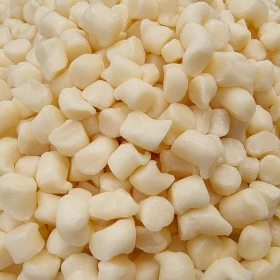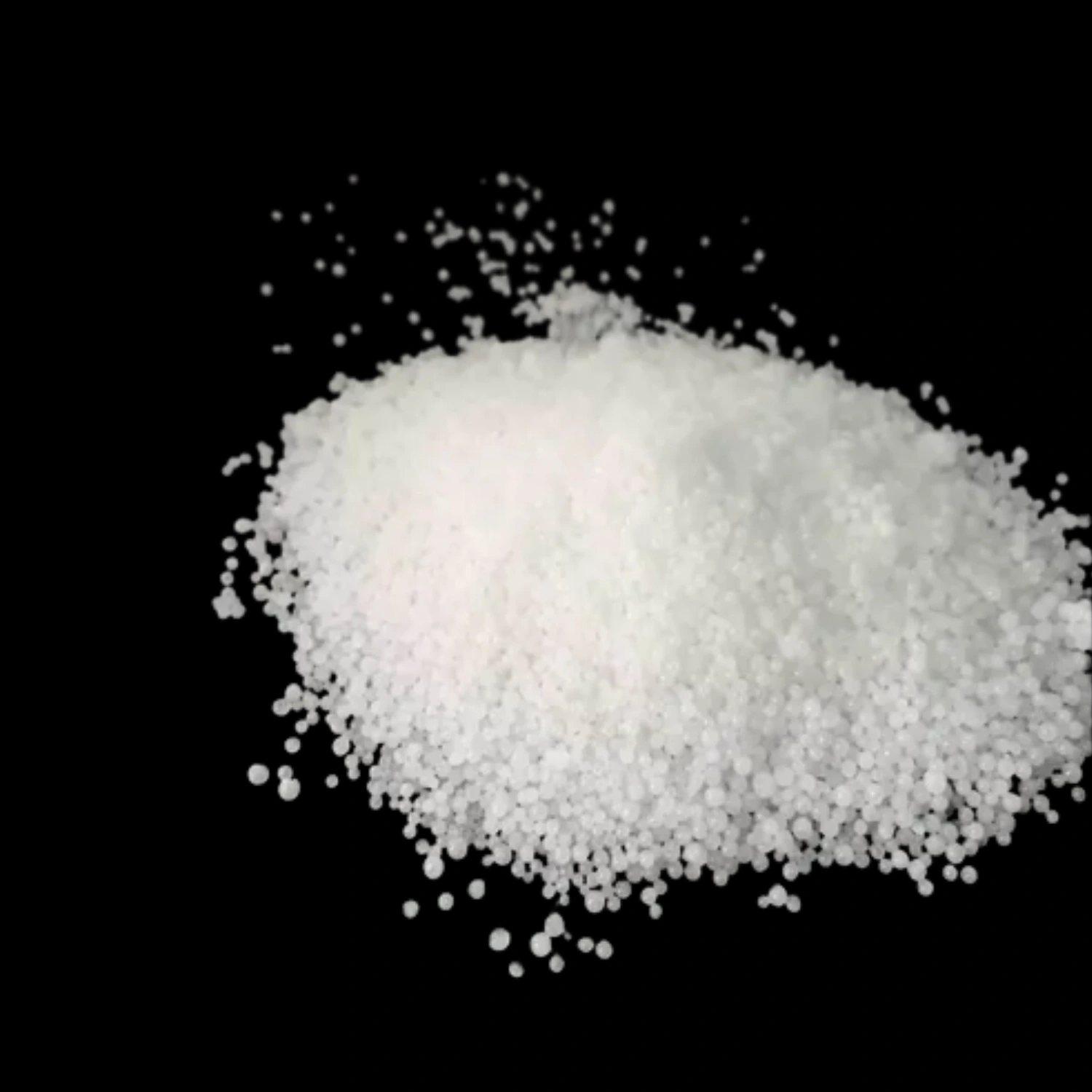Cocamidopropyl Betaine
|
IUPAC Name |
: 2-[(3-dodecanoylamino)propyl(dimethyl)ammonio]acetate |
|
Cas Number |
: 61789-40-0 |
|
HS Code |
: 34021900 |
|
Formula |
: C19H38N2O3 |
Basic Info
|
Appearance Name |
: Clear Light Yellow Green Liquid |
|
Common Names |
: Cocamidopropyl betaine (CAPB) |
|
Packaging |
: 200 Kg HDPE Drums |


.webp)


.webp)
